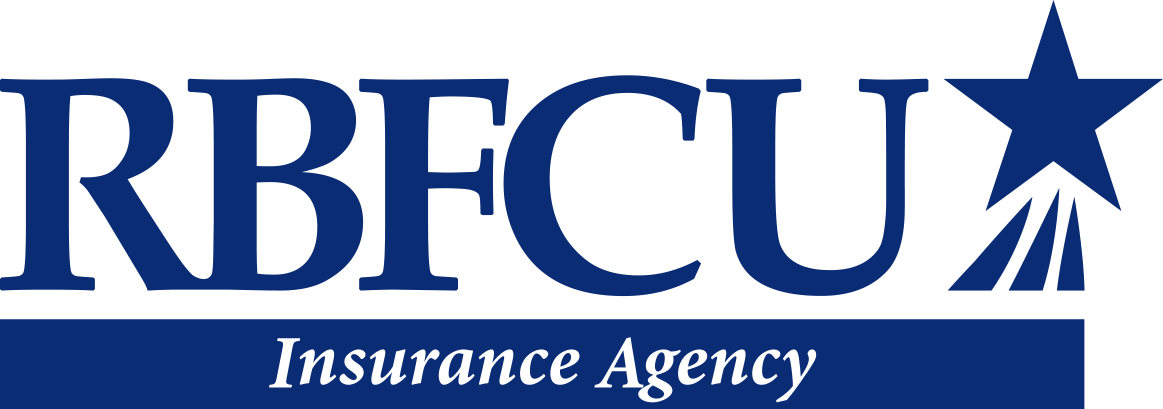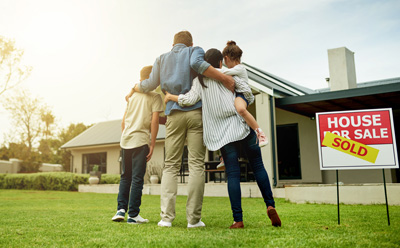Safely Fire Up Your Backyard Grill
Do you love the sound of sizzling amid the tantalizing smell of savory meats? Maybe you prefer a rainbow of colorful veggies on skewers, roasted to perfection. And who can resist sweet s’mores, bubbling with toasted marshmallow goodness? Yes, grilling season is here!

But while backyard BBQs are a fun way to gather with friends and family to enjoy delicious food and make lasting memories, this American pastime also comes with potential hazards.
By taking a few precautions and following some sensible safety tips, however, you can prevent injuries to those in attendance as well as protect against damage to your home and property.
All grills
- No matter which kind of grill you prefer, stationing it on a flat surface, at least 10 feet away from your home, including balconies, porches, walls and decks, is imperative. In fact, the National Fire Protection Association (NFPA) notes in their latest report1 that over 25% of grill-related structure fires begin on exterior balconies or open porches.
- A clean, well-maintained grill is a safe grill that can provide delicious meals for years to come. Routine cleaning prevents the buildup of grease and other residue which, if left to accumulate, can prevent the grill from circulating heat and reaching its proper temperature. Iconic home and décor guru Martha Stewart recommends cleaning your grill one to two times a month and provides tips for cleaning a grill optimally.2
- Always keep a fire extinguisher near your grilling area. Plus, take time to learn how it works so you’ll be ready to use it if the need arises.
- Establish a three-foot safety zone around your grill to make sure children and pets can’t get too close. The National Fire Protection Association (NFPA) offers free resources, including a Kid-Free Zone Marker3 that you can print and post as a helpful safety reminder.
Charcoal grills
- Use your charcoal grill only in an area that is well-ventilated. Inhaling too much smoke4 can cause injuries and potentially lead to dizziness and fainting.
- When lighting coals, use lighter fluid first, then add the fire. Placing lighter fluid directly onto hot coals can be risky — you don’t want to create an opportunity for flames to travel back up to the source and burn you. And remember, gasoline and kerosene5 are never appropriate fuels to use with grills as they are volatile and can explode.
- Protect your hands while using the grill with flame-retardant mitts and barbecue tongs. Charcoal grills can reach temperatures up to 1200 degrees Fahrenheit.6
- Just because you’re done grilling doesn’t mean the coals are done burning. Make sure coals burn out completely and cool off fully before disposing of them. In fact, it’s best to wait 48 hours7 before discarding the ashes.
Gas grills
- Again, regular grill maintenance is important for safe use. Be sure to check your gas grill’s hoses each year, ensuring there are no leaks. Consult the manufacturer’s guide for your grill for guidance on how to check for leaks and otherwise maintain it.
- While grilling with propane, you shouldn’t smell gas. If you do, it’s vital to get away from the grill immediately (do not move it) ─ and call your local fire department.8
- Only light a gas grill with the lid open.9 Otherwise, gas can build up, potentially leading to an explosion.
- Never operate or store a gas grill or propane tank indoors.
- When not in use, ensure the valve on your propane tank is turned off.10
The takeaway
Whether you prefer to grill in the spring when the weather is warm and welcoming, in the summer when everyone loves to be outdoors, or even in the fall or winter when Texas weather tends to remain relatively mild, safety should always be a priority.
By taking a few preventive measures, along with ensuring you have the right homeowners insurance coverage in the event of a grill accident, you can relax and enjoy every bit of that backyard BBQ fun.
When it comes to protecting what matters most, count on RBFCU Insurance Agency to help you explore homeowners insurance coverage options, or to provide a courtesy review of your existing policy for added peace of mind. Request a quote today.

.jpg?sfvrsn=6562b4a8_4)



.jpg?sfvrsn=b6afb2a8_4)